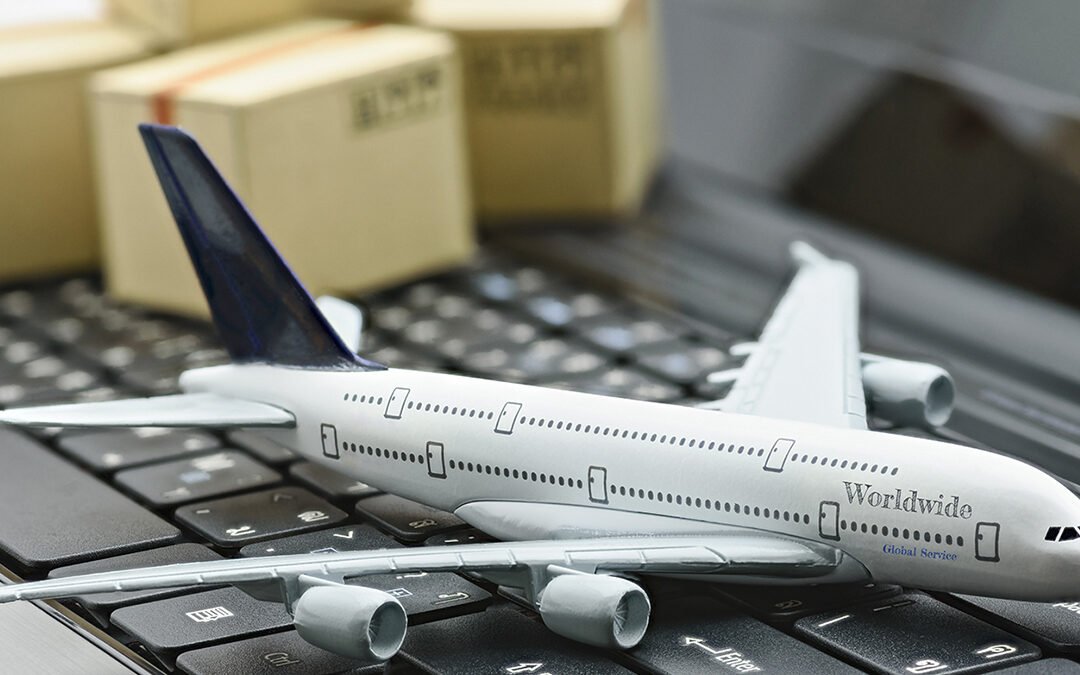There have been many flights that depart and arrive at night, but the airport curfews and restrictions to avoid the local disturbance, made the problems worse.
Cargo flights have been helpful for the electronic goods’ producers, as these flights provided a necessary solution to move goods along rails and also through ports, after which the airports got clogged.
The airports like Chicago O’Hare International, which is America’s fifth busiest cargo hub by capacity, was the prime focus as it faced shortage of labor to unload the freight from planes, shipments and the drivers to take them, during the fall season which resulted in disruptions for the ground-handling companies and their operations and left the goods piling up. To ease the process, the airlines and freight companies said they are working to accelerate the loading and security checks, warehousing robots and sniffer dogs with proper training.
During the fall peak season, Alliance, in a single week handles 250 flights in Chicago, but it turned down almost 50 flights in the months of October and November in order to sort the cargo of the existing clients.
The labour shortage has severely disturbed the flow of the air cargo industry that carries the value of 30% in the world’s trade. Labour crisis hasn’t intensified with the Omicron variant of Covid-19, said handling staff. While the cargo business grows significantly well, the cargo volume has gone down by 1.2% last month and a smaller number of flights took off. There have been many flights that depart and arrive at night, but the airport curfews and
restrictions to avoid the local disturbance, made the problems worse.

During the fall peak season, Alliance, in a single week handles 250 flights in Chicago, but it turned down almost 50 flights in the months of October and November in order to sort thecargo of the existing clients.
As some of the companies and airports are using their own transportation facility to move the piled-up goods, some of them even asked the manufacturers to fill the cargo carrying pallet with a single type of goods to avoid the hassle of repacking at the airport. While these ways have provided temporary solutions, they result in problems with the supply chain being ineffective for a long term. At the end, there comes any other shortfall and eventually
the pallets have to be broken down and repacked at the airports to sort the process. Some of the cargo handlers raised warehouse storage prices in an attempt to uplift freight, which helped retailers and manufacturers to pick up goods quickly. With airport warehouses being full, the handlers had to take up the nearby space to handle and sort the cargo. Alliance invested $17 million in a 253,000 sq ft land near O’hare to sort the cargo.
New cargo rules in force require all loads to be inspected before take-off. This shift in the industry has been effective. Using sniffer dogs faster and more economic than using X-ray machines and goods can be spread out more easily.
Cargo handlers have accelerated in order to be more effective. This includes the shift from advanced analytics to robots and self-driven vehicles that can move around warehouses to take loads, said the Chief executive of the DHL supply chain unit.

This includes the shift from advanced analytics to robots and self-driven vehicles that can move around warehouses to take loads, said the Chief executive of the DHL supply chain unit.



















